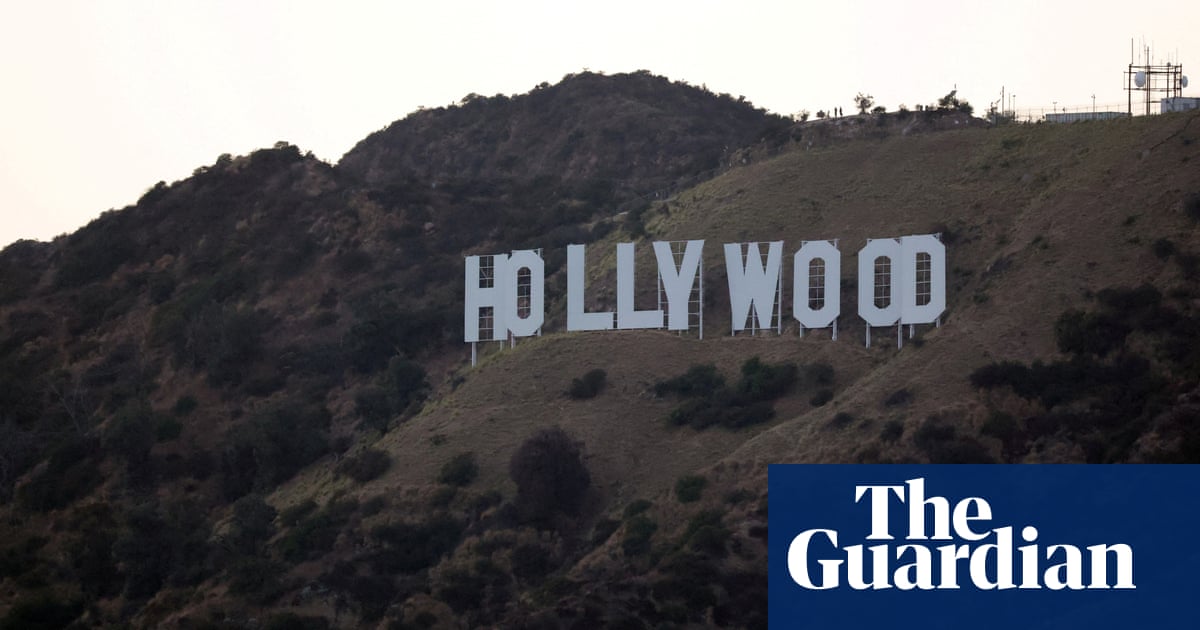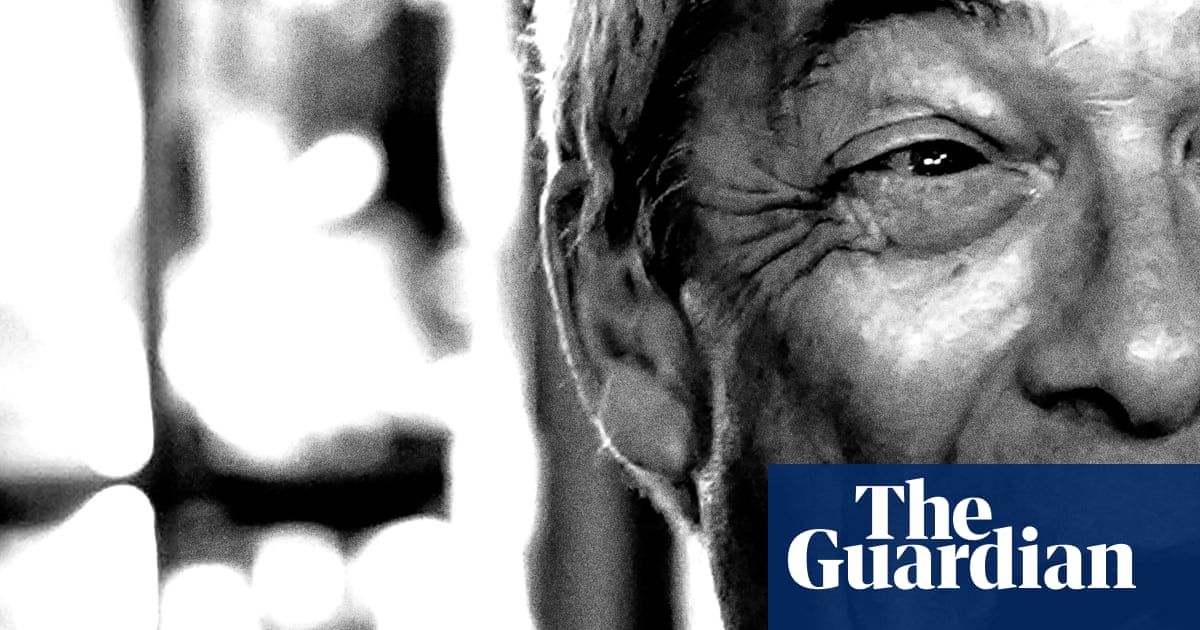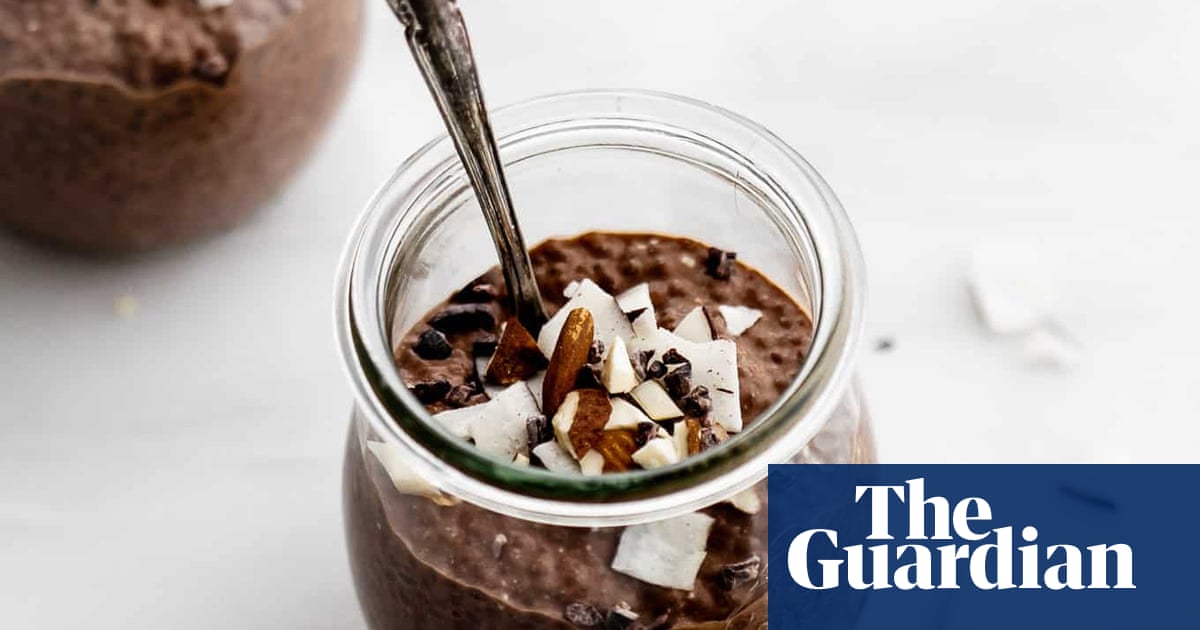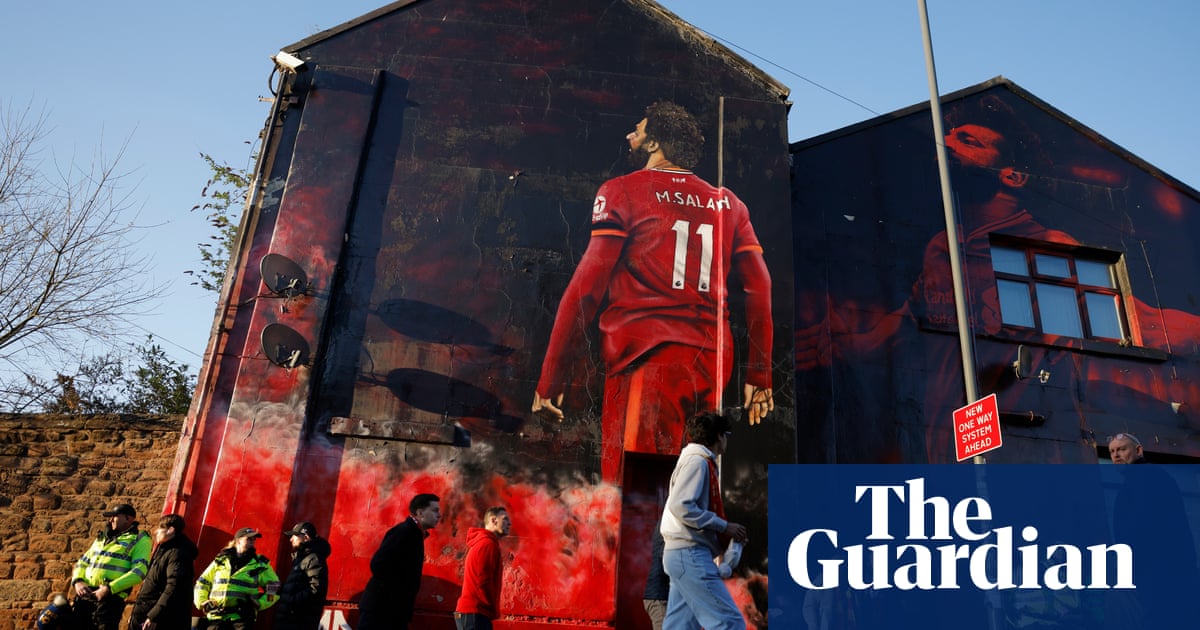It’s summer 2021 and I am sitting in the front room of a terraced house in Southend owned by my favourite rock star of all time. Someone who is, according to the Guardian, “a 100-1 shot to be our Greatest Living Englishman”.
I am about to read Wilko Johnson my play about his life, but I am extremely nervous as a) it’s very much a warts-and-all job, b) Wilko is, as usual, looking very scary indeed and c) I am playing all the parts myself and, perhaps unwisely, am going full Wilko, accent-wise: a vowel-stretching Essex-cum-Cockney drawl.
It was an unusual assignment back then. But then his was an unusual life.
For a moment in the mid-1970s Dr Feelgood, the band he co-founded, was the biggest in Britain. They had a No 1 album, a mesmerically dangerous live act and fans including Jimmy Page, Paul Weller, John Lydon and, it’s said, a young Lady Diana Spencer. They were hugely influential. The jagged riffs of songs such as She Does it Right and Down by the Jetty Blues – both penned by Wilko – would see them anointed as godfathers of punk. Their legend still burns bright 50 years on: there are apparently 27 Dr Feelgood tribute bands in Spain alone.
Wilko and frontman Lee Brilleaux were the band’s focal point, a compelling black-and-white Essex version of Jagger and Richards or Daltrey and Townshend. Brilleaux was gang leader – tall, menacing, charismatic – and Wilko was his mad-as-a-snake bodyguard with a thousand-yard stare. Lee prowled and growled, Wilko jittered and jerked like a demented robot, using his guitar as a machine gun to mow down the audience. It was funny, scary and thrilling. Wilko’s guitar sound was extraordinary and unique: think percussive chainsaw. But it didn’t last. Black moods and arguments over lyrics saw him leave the band in 1977. After fronting his own group, Solid Senders, he joined Ian Dury and the Blockheads but struggled with their complex musical arrangements. The solution, he later admitted in his brilliant autobiography, was simply to mime the more difficult bits.
No one noticed, he claimed. “They were so much more musical than me. One of them asked what pedal I used. ‘Pedal?’ I said. ‘I’m a guitarist not a fucking driving instructor.’”
This unsparing honesty could be problematic for those close to him, however. Hence the exchange with his wife, Irene, on the occasion of an admission of (yet another) infidelity.
“I thought you’d be pleased” he told her. “Why?” she not unreasonably replied. “Coz I’m being honest.”
Wilko’s marriage was, like him, full of contradictions. He and Irene were childhood sweethearts and stayed together until her death from cancer in 2004. He loved her genuinely and deeply. When she died, he considered suicide. But why had a man who loved his partner so much been so casually, cruelly and regularly unfaithful?
Complex and colourful then. And quite a hinterland. He had a scholarly appreciation of ancient Icelandic poetry and a deep passion for astronomy, which he indulged via the industrial-strength telescope he installed on the roof of his house. And he starred in Game of Thrones. Of his turn as Ser Ilyn Payne, the mute executioner, he said: “They told me to say nothing and look ugly and scary. Not much of a stretch.”
But it was the events of 2013 that propelled his story into so-wild-you-couldn’t-make-it-up territory. That was when he revealed he’d been diagnosed with pancreatic cancer and given 12 months to live. Declining all treatment – “I don’t want chemotherapy coz I’ll just spend the last 12 months of my life feeling like shit” – he became global news.
“Game of Thrones actor has terminal cancer” was the headline in the New York Times. He gave several interviews, all counterintuitively life-affirming and utterly lacking in self-pity. It was, he cheerfully admitted, a great career move. Most rock stars have to die before enjoying (or rather, not) a meaningful career surge. But Wilko had 12 months to savour his. He made an acclaimed album with his old mate Roger Daltrey, played a sold-out farewell tour, and had the honour of presenting Elton John with a GQ magazine “Genius” award, only for Elton to give it back to him, saying: “You’re the fucking genius here, not me.”

I was at Wilko’s 2013 farewell show in Camden and it was extraordinary: one of his encore songs, Bye Bye Johnny – Wilko’s real name was John Wilkinson – saw him sing “bye bye” to the crowd, who then sang “bye bye Johnny” back. Bizarre, magical and very British.
And that was the night that saved his life. Like I said, you couldn’t make it up. His friend Charlie Chan, a cancer doctor and part-time photographer, took pictures that night and after studying them, decided Wilko looked suspiciously healthy for a man about to die.
He was right. Wilko did have cancer, but in the form of a neuroendocrine tumour which, if ignored, would indeed have killed him. There had, in effect, been a misdiagnosis. (Moral of the story: always get a second opinion, even when dealing with experts.)
Wilko, surprised but sanguine, agreed to an operation to have the tumour removed even though it had only a 15% chance of success. His luck was in. After a gruelling 12-hour operation, he was declared officially cancer-free.
The amazing thing about Wilko’s story is that it’s a real-life Christmas Carol – only this one has cancer and guitars. After his death sentence, he became a better person. Or as he put it, “less of an arsehole.”
And he learnt to live more meaningfully. In his autobiography he describes seeing snow on a sunny day during a visit to a Buddhist temple in his beloved Japan.
“The snow turns to gold. I’m hypnotised. Paradise found.
after newsletter promotion
“‘How long can I keep this memory for?’ I think. ‘No. You have no time to keep it for. You have to experience it now. In this moment.’ This is how I have to live my life, now. In this moment. This present moment of bliss. ‘If t’were now to die, t’were now to be most happy.’”
All this and more was in the play I read him that day, while his son Simon observed, quietly, from the kitchen via a 1970s serving hatch. And there, on the mantelpiece, lightly covered in dust, was that GQ award.
Wilko interrupted only once. The appalling behaviour, infidelities and selfishness all went unchallenged.
His only objection? A scene of him sniffing cocaine.
“No. Not Coke. Speed.”
Aren’t they basically the same thing? “Oh no. Lemmy, right? Lemmy ‘n me used to stay awake for a whole week on speed. He always said day three was the best and he was right. On day three it felt like someone opening up your head, filling it with Rice Krispies, and pouring milk on top. Snap, crackle and pop inside your brain.”
That went straight in the next draft and got the biggest laugh of the night when the show premiered at the Queen’s theatre Hornchurch last year.
Wilko wasn’t there to see it though. He died before opening night, aged 75. But he recorded a message for the audience just in case.
“I might be brown bread (by then) but there’s nothing I can do about that, right? Otherwise, I’ll be there. And I hope you enjoy the show. And I hope I’m not dead.”
They did enjoy it, so much so that the play is now coming to London. Ironic, really: often, plays disappear after just one incarnation. But this one is not going gently into that good night. Just like the man himself, in fact.
Wilko: Love and Death and Rock’n’Roll is at the Southwark Playhouse, London, from 20 March to 19 April

.png) 2 months ago
38
2 months ago
38













































